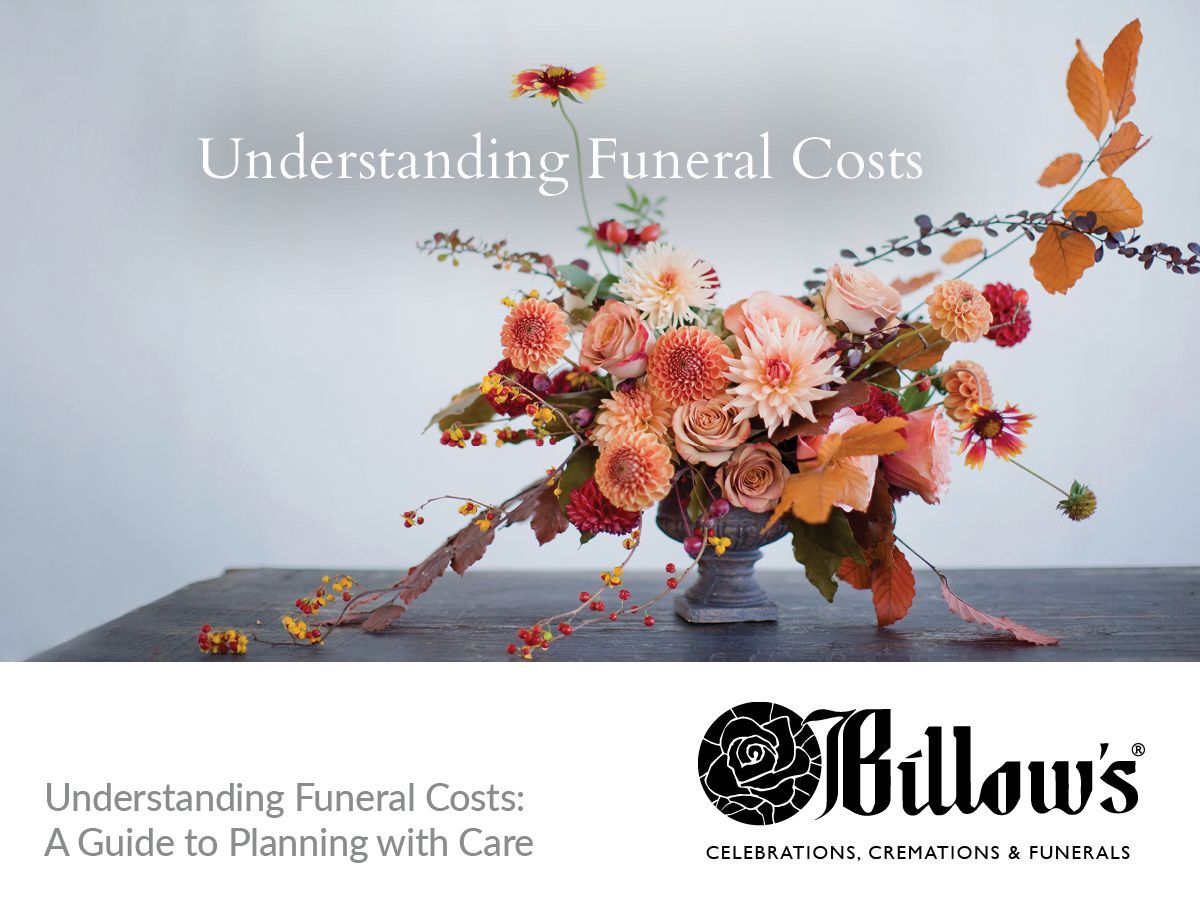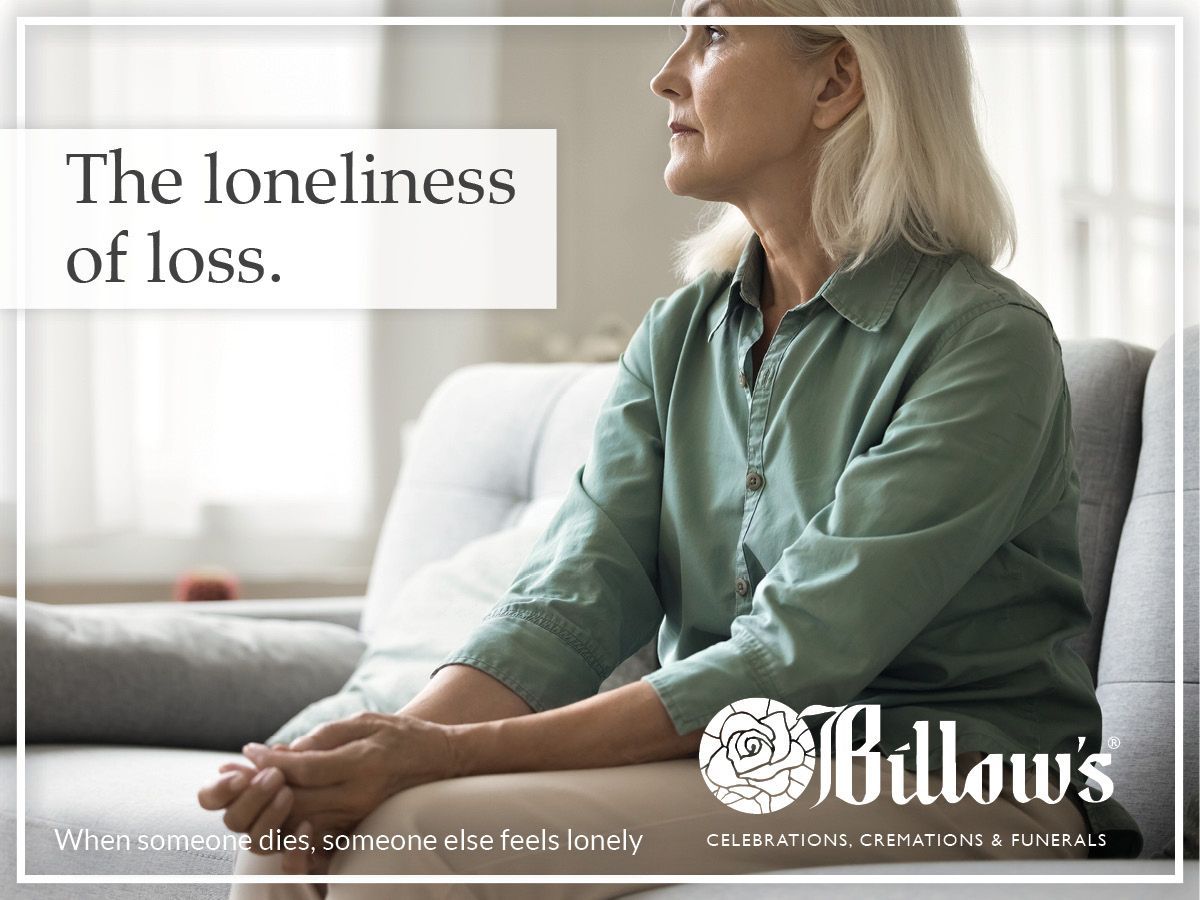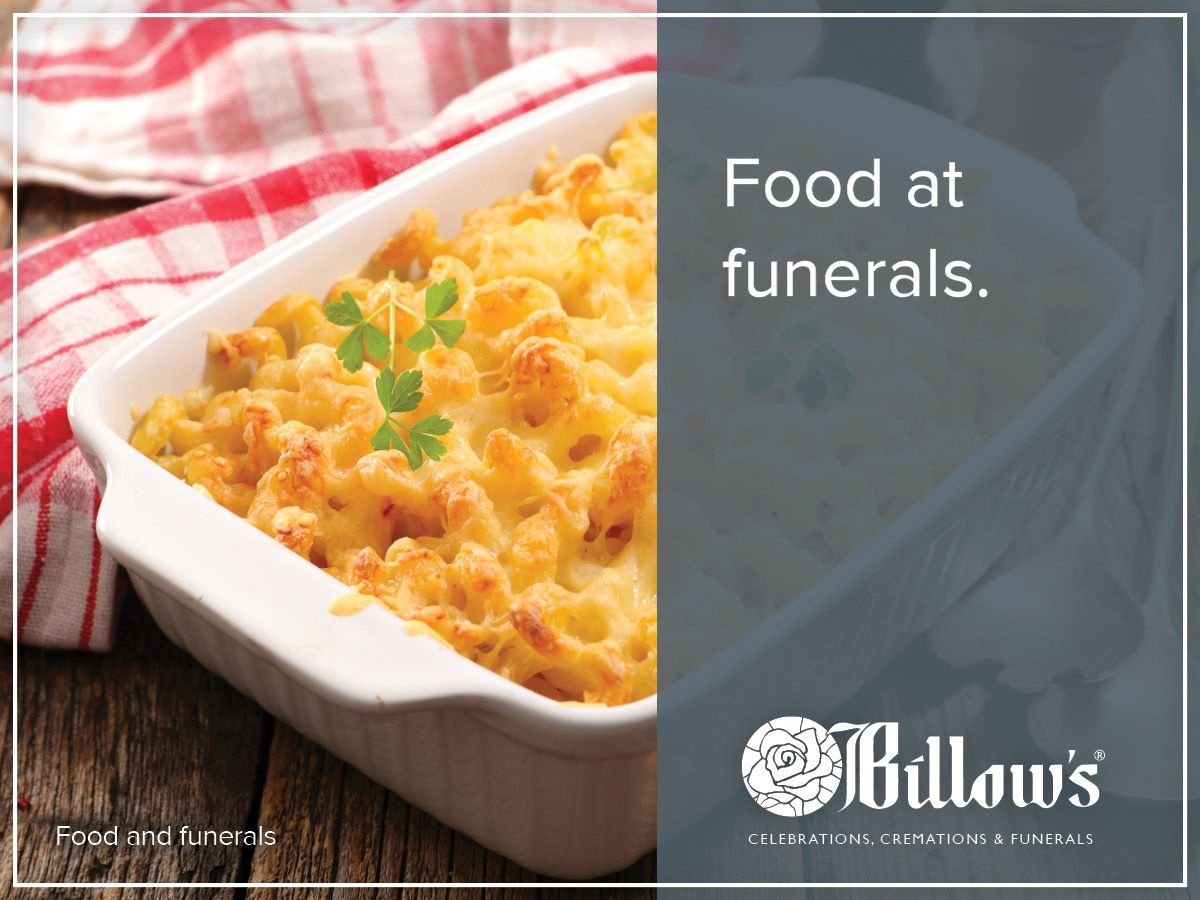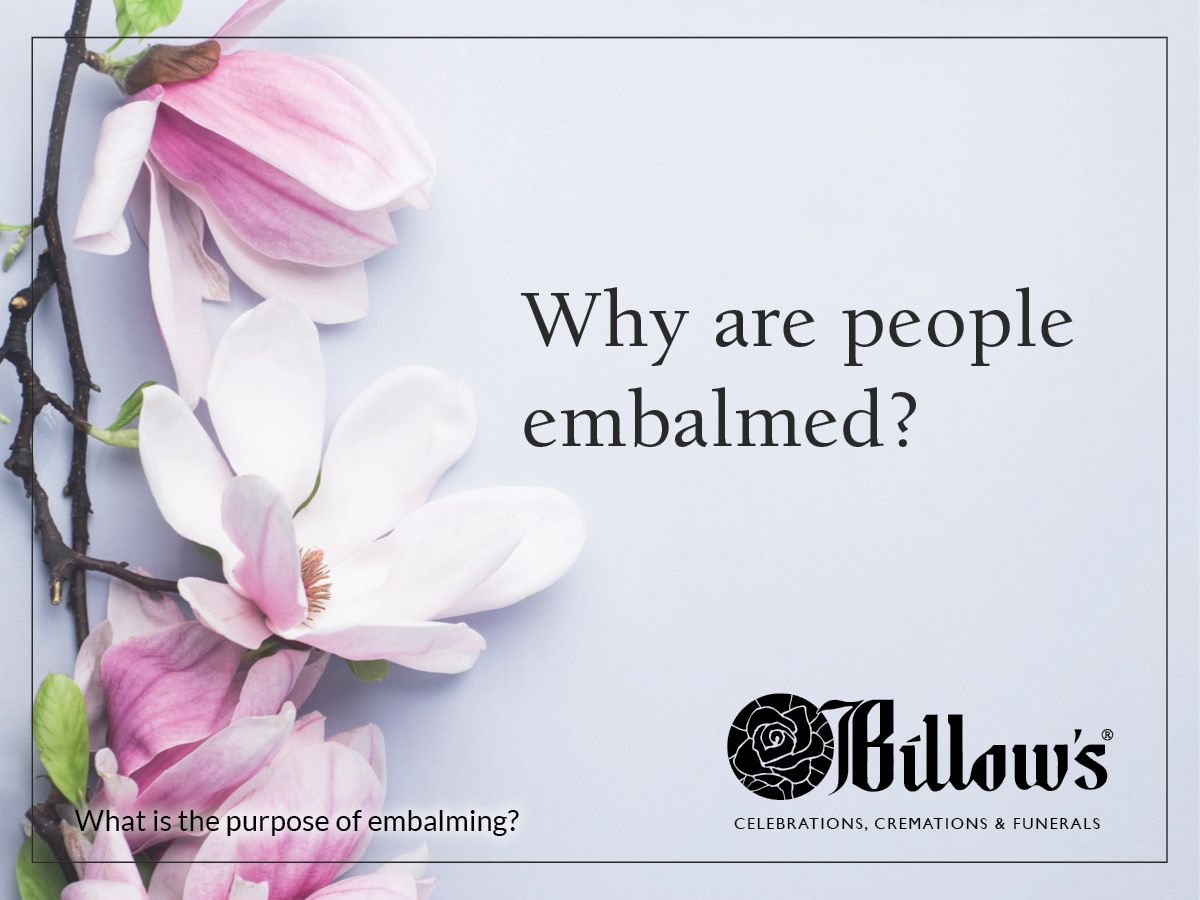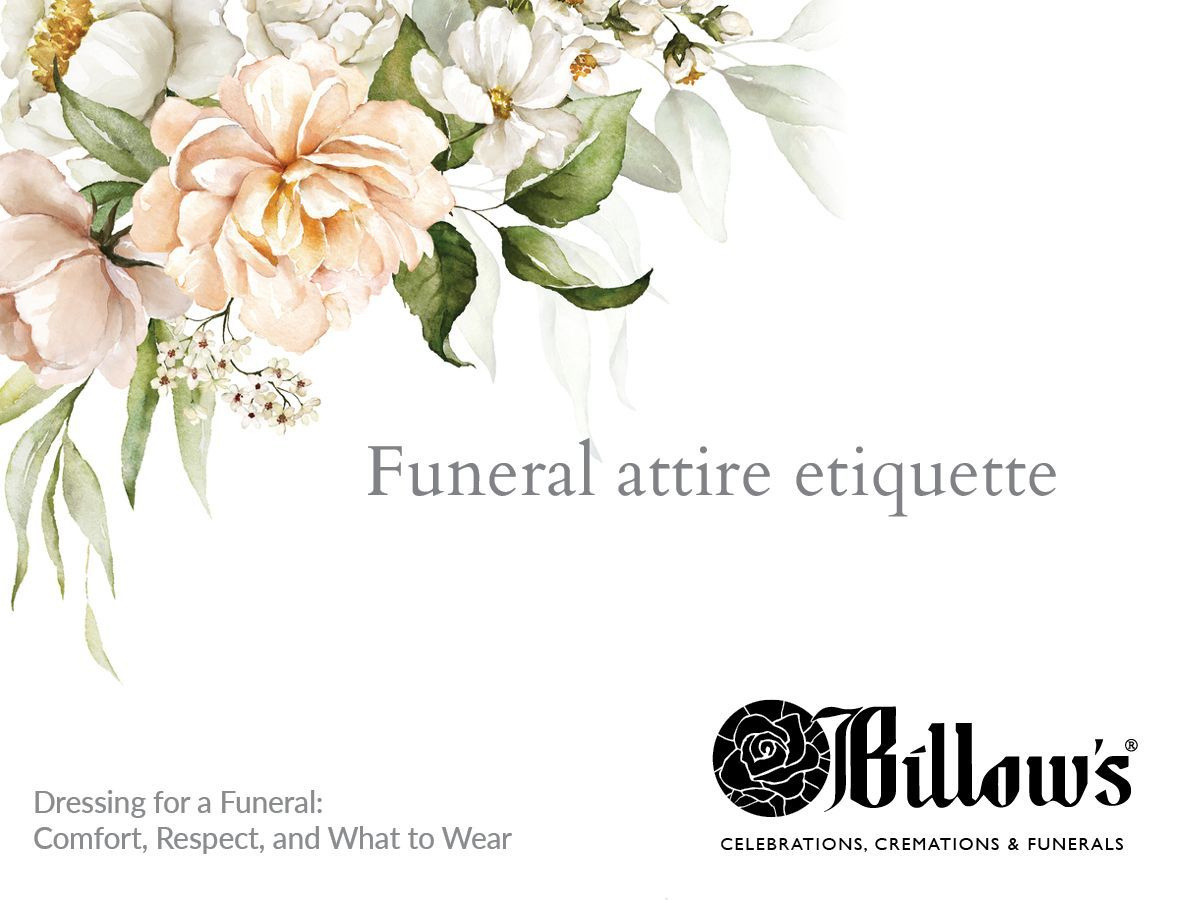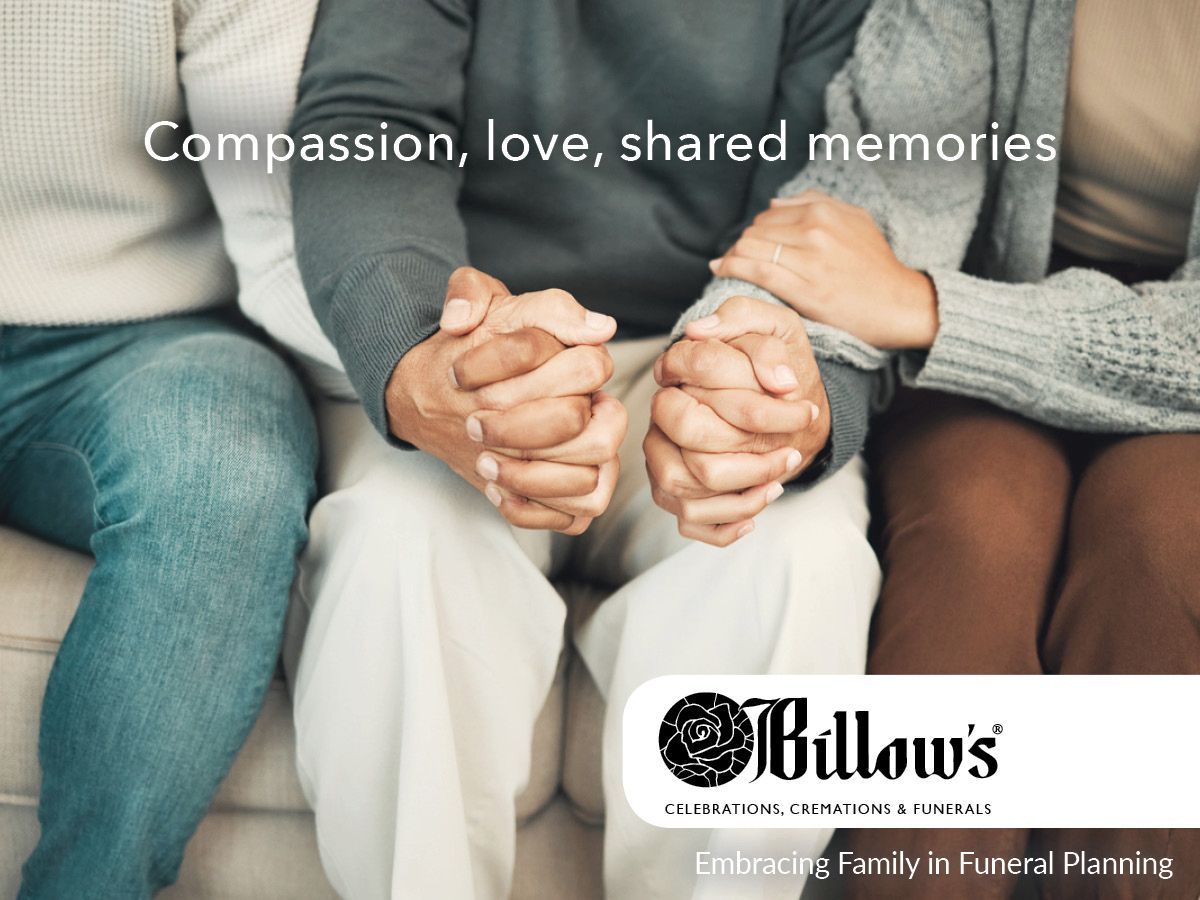A Friend Lost a Loved One – When Can I Call?
When a friend loses a loved one, you want to show them that you care. You want to offer support and make them feel less alone. But what’s the best way to do that? It starts with making a call.
When should I call a friend who lost a loved one?
Ideally, you should call your friend as soon as you hear the news. Although you may worry about being a bother, grief can be a very isolating time. And it may help them just to listen to the voice of a beloved friend on the other end of the phone. Calling your friend shows that you want to support them and that they don’t have to be alone in their grief.
Your friend might not answer, especially if the death was very recent or they’re very busy with funeral planning. If that happens, be sure to leave a message. If your friend just sees that you called, they might feel obligated to call back. Leaving a message gives you the opportunity to say, “Hey, I’m here for you however and whenever you need me. There’s no pressure to call back, but just know I’m here.” Your friend will appreciate the gesture and being given the freedom to grieve in the way that feels best for them.
What should I say?
What should you talk about if your friend does answer or calls you back later? What’s okay to say? In addition to worrying about being a bother, we sometimes don’t reach out because we’re scared of what to say. Discussing death can be tricky and unpleasant. But death is a natural part of life. As uncomfortable as it may be to talk about, sometimes those conversations have to happen, especially when our friends are grieving and need our support.
There’s no right thing to say to a grieving friend because there’s nothing that fixes what happened. You can’t talk away their grief, though your love for them may make you want to. But the best thing to do isn’t to speak. It’s to listen.
When you call your friend, keep the focus on them. How are they doing? What do they want to talk about? Sometimes people who are grieving want to talk about their loved one. Again, talking about someone who just passed may feel uncomfortable, but if that’s what your friend needs, you should talk about them. Others feel better taking their mind off the situation and might just want to spend a few moments talking about their favorite baseball team. Listen to their needs and respond in kind.
It’s not only okay to ask questions, but it’s also a good idea. Often in times of grief, we neglect our self-care or fall behind on other important tasks, making that time feel even more overwhelming. Asking questions helps you find out what your friend needs. Are they not eating? Are they sleeping? How are their kids doing? From there, you can ask for ways to help by taking care of the things that they’re struggling to do right now. Perhaps you could offer childcare after school or coordinate driving their kids to and from school and extracurriculars. Or you could cook some easy meals for your friend to warm up for dinner for their family.
What should I not say?
Although there is no particular right thing to say, there are some things that you should be mindful of. Sometimes, when a loved one dies, we want to tell our friends that things will get better. But although the sentiment is kind, it’s not a great way of helping them through grief. It can minimize their pain and make them think missing their loved one is something to “get over.” Yes, that pain may heal over time, but we’ll always miss the people we love. And that’s okay. So focus on just letting them miss their loved one.
If you lost someone very important to you, you might feel like you can commiserate with your friend. But try not to do that unless it’s openly asked for. If your friend asks how you felt when you lost someone close to you, like a parent or a spouse, then you should talk about your experience, but don’t bring this up without being prompted. Keep in mind that all relationships are different. If you lost a parent, you probably shouldn’t speak as if you understand your friend’s loved one’s death if that loved one wasn’t a parent at all. Although you may feel like you comprehend your friend’s loss, we all react differently to death, and every death has a unique impact on us.
Avoid empty platitudes. Resorting to platitudes prevents you from actually listening and responding to what your friend really needs. We often say platitudes when we’re just not sure what else to say, but if you’re listening to what your friend needs, you’ll know how to respond.
You know your friend, so you most likely have a better idea of what to say than you think. If your friend is religious, they may be comforted by hearing a comment with a religious undertone, such as, “They’re in a better place.” People who are religious can often find comfort in their faith during times of grief, and sharing that faith with others can provide further relief. But only steer the conversation in such a direction if you know that your friend is religious. Otherwise, these kinds of comments may not be appropriate.
It’s important not to rely on one phone call. Your friend needs your support, which takes more action and more time. Make sure you make check-in calls a regular part of your routine, particularly so that you can learn when new needs arise, such as if your friend suddenly needs some added help with running errands (or even just an errand-running buddy so they don’t have to be alone). The more you reach out to your friend, the more likely they’ll feel comfortable reaching back out to you.
When you call a friend after their loved one dies, the best thing that you can do is listen. Your goal isn’t to “fix” their grief. Their pain will not go away because you said the right combination of words. But what you can do is offer them support, both emotionally and physically, making them feel less alone during a very lonely time.


